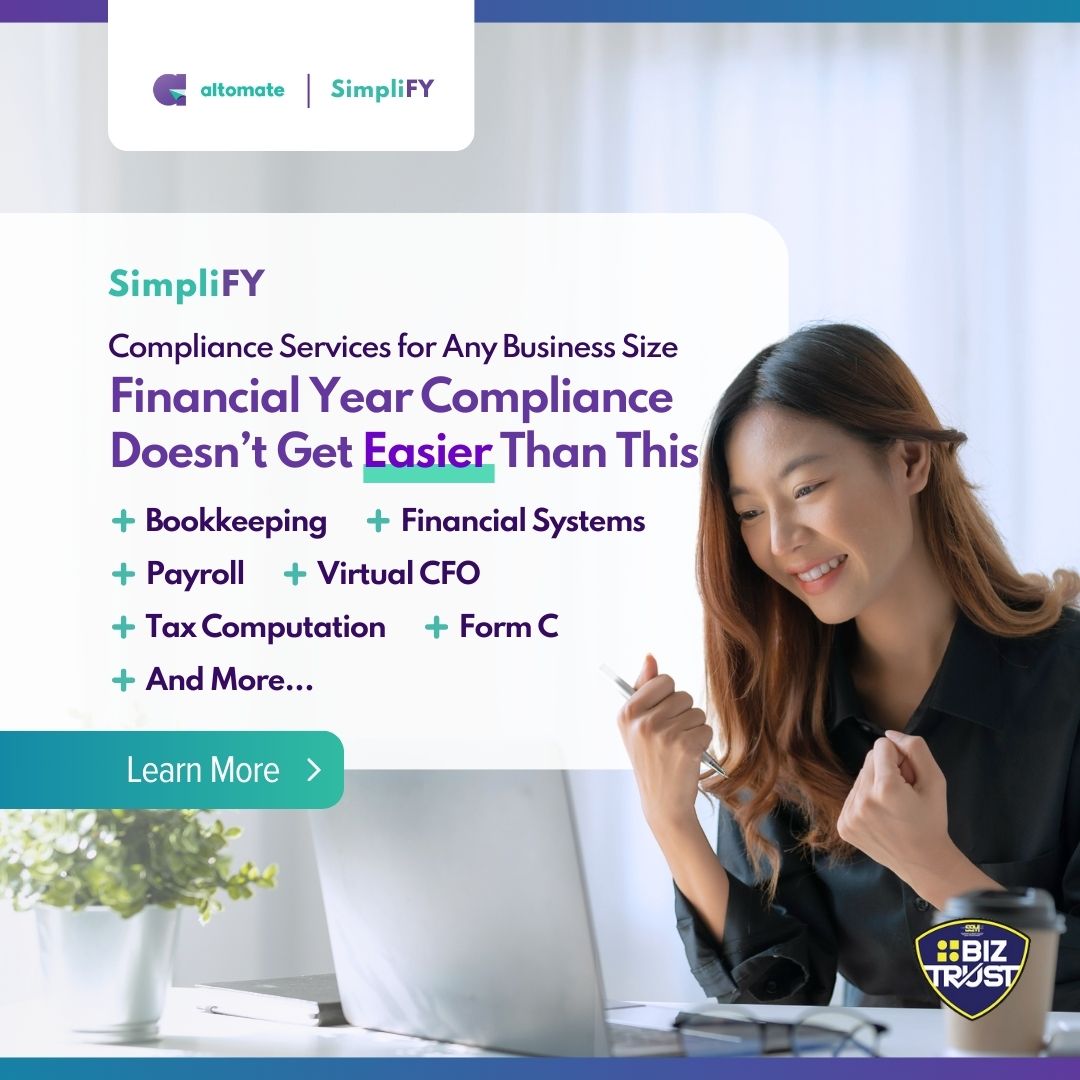
Reading time: 4 Minutes
E-invoicing in Malaysia is reshaping how businesses manage transactions and comply with tax regulations. If you’re wondering how it affects you, this guide answers the ten most pressing questions about e-invoicing. Stay informed and ensure you’re prepared for this digital shift.
1. What Exactly Is E-Invoicing?
E-invoicing in Malaysia is a digital transaction record between suppliers and buyers in machine-readable formats like XML or JSON. Unlike traditional invoices, PDFs or scanned images are not valid for submission to Malaysia’s Inland Revenue Board (IRBM).
2. Is E-Invoicing Mandatory for All Businesses?
Yes. Malaysia’s e-invoicing adoption follows a phased timeline:
- 1 August 2024: Businesses with annual turnover above RM100 million.
- 1 January 2025: Turnover between RM25 million and RM100 million.
- 1 July 2025: All remaining taxpayers.
E-invoicing in Malaysia is compulsory for all businesses operating in the country, regardless of size, unless specific exemptions apply.
3. How Do You Submit an E-Invoice?
Submitting an e-invoice in Malaysia is straightforward, with two primary methods available:
- MyInvois Portal
This is a user-friendly platform provided by the Inland Revenue Board of Malaysia (IRBM). The portal allows businesses to manually upload and manage their e-invoices. It’s especially suitable for small and medium-sized enterprises that may not have advanced invoicing systems in place. The portal also offers features like draft saving, validation checks, and submission tracking to simplify the process. - API Integration
For businesses with higher volumes of transactions or existing invoicing software, the Application Programming Interface (API) offers a seamless way to integrate their systems with the MyInvois system. This option ensures automated submission and validation of e-invoices, reducing manual workload and minimizing errors. It’s an ideal solution for larger businesses or those looking for scalability and efficiency.
Validation and Confirmation
Once submitted through either method, the IRBM validates e-invoices almost instantly—usually in less than two seconds. This validation process ensures the invoice meets the required format and data structure, assigns a unique identifier to the validated invoice, and confirms compliance. Businesses can then share the validated invoice or its visual representation with buyers.
Businesses can ensure compliance while streamlining their invoicing processes by choosing the method that best suits their needs.
4. Can I Claim Tax Deductions Without E-Invoices?
Yes, but only during the transitional period. Until e-invoicing becomes mandatory, businesses can use traditional invoices for tax claims.
5. Are Cross-Border Transactions Included?
Yes. E-invoicing applies to both domestic and international transactions. For foreign buyers without a Tax Identification Number (TIN), businesses can use a general TIN to comply and perform self-billing.
6. Can You Adjust an E-Invoice After It’s Submitted?
Absolutely. Errors can be corrected:
- Within 72 hours: Cancel and reissue the e-invoice.
- Beyond 72 hours: Use adjustment documents like credit notes or debit notes.
7. Are There Incentives for Adopting E-Invoicing?
Yes! To ease implementation costs, the government offers:
- Tax deductions of up to RM50,000 per year for e-invoicing expenses.
- Applicable from 2024 to 2027.
8. What Happens If I Don’t Comply?
Failure to issue e-invoices is a legal offense with severe consequences:
- Fines ranging from RM200 to RM20,000.
- Imprisonment up to six months, or both.
9. Are All Businesses Required to Issue E-Invoices?
Yes, all businesses, including Micro, Small, and Medium Enterprises (MSMEs), must implement e-invoicing according to the phased implementation timeline. However, businesses with an annual turnover below RM150,000 are exempt from issuing e-invoices.
Exceptions to this exemption include:
- Businesses with non-individual shareholders whose turnover exceeds RM150,000.
- Subsidiaries of holding companies with annual turnover above RM150,000.
- Related companies or joint ventures with turnover exceeding RM150,000.
For example, a sole proprietorship with revenue below RM150,000 qualifies for the exemption, but subsidiaries of larger companies do not, even if their turnover is below the threshold.
10. How Should Businesses Prepare for E-Invoicing?
Focus on these areas:
Human Resources
Assemble a dedicated team trained to handle e-invoicing requirements. This team should understand the e-invoicing process, compliance regulations, and any specific timelines for your business. Providing regular training and staying updated on the latest IRBM guidelines will ensure your staff is equipped to manage the transition effectively.
Processes
Conduct a thorough audit of your current invoicing workflows. Identify areas that need adaptation to meet e-invoicing requirements, such as updating the formats of invoice data, ensuring accurate record-keeping, and maintaining real-time submission capabilities. Streamlining workflows now will minimize disruptions during the implementation phase.
Technology
Evaluate your current IT systems to ensure they align with IRBM’s technical requirements. This includes verifying compatibility with XML or JSON formats for e-invoices, integrating with the MyInvois Portal or API, and ensuring data security and privacy compliance. If necessary, upgrade your software or engage with solution providers specializing in e-invoicing to meet the standards efficiently.
Take Action Today
The clock is ticking on Malaysia’s e-invoicing mandate. Prepare now to avoid penalties and take advantage of the incentives. For more details, consult official resources from IRBM or reach out to our team of experts at Altomate to make the shift to digital compliance smoothly.








